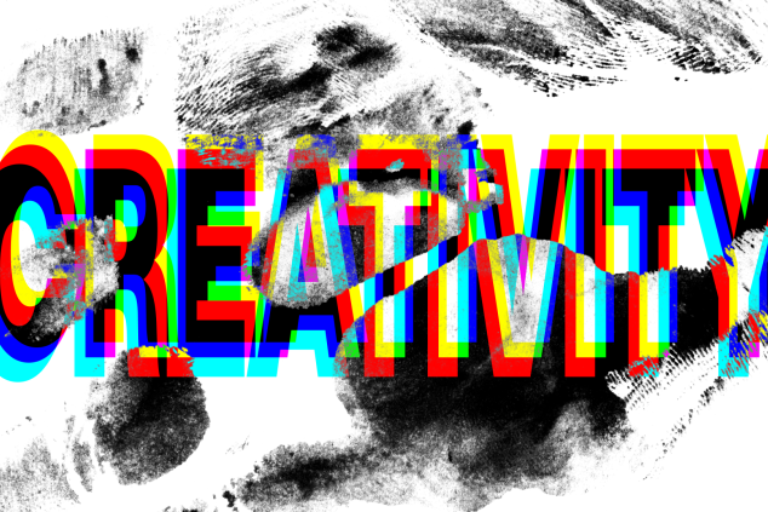Giving feedback is hard; giving good feedback is even harder. What can we learn from the alternating extremes of German and American feedback cultures?
What people say and what they mean.
| People say | Americans | British | German |
|---|---|---|---|
| It’s needs some work. | You’re fired. | Please put this in the bin. | Fine. |
| It’s acceptable. | Please don’t make me call human resources. | Needs some work. | Good. |
| Fine. | Needs some work. | Acceptable. | Great. |
| Good. | Acceptable. | Fine. | Amazing. |
| Great. | Fine. | Good. | I’m genuinely considering kissing you. |
| Amazing. | Good. | Great. | I present you my first born child in tribute. |
Firstly, giving any feedback is troublesome; you are drawing a line in the sand on your opinion of someone else and their performance. Your feedback will potentially not aligning with how they see things; this potential mismatch can cause conflicts. No one likes conflict.
But having a good feedback process is critical to the development of any team. If you’re not able to give timely, honest, reasonable and trusted feedback to your colleagues, then the team won’t grow.
There are many well-documented methods for giving feedback, and I’m not about to reinvent the wheel and give you a bullet point list of techniques. I want to tell you two stories instead.
Berlin is an international city. Since moving here, I have had the opportunity to work with a myriad of nationalities. There is a fascinating sliding scale of how people give feedback.
At this point, I would like to point out that I’m about to stereotype two nationalities. I am aware there are exceptions to rules. I’m just using these stereotypes to present two extremes.
The Germans
One thing that I massively respect about German culture is the stereotype that they are quality-focused. Germans expect a high level of polish in most aspects of their lives.
However, coming into this culture fresh, without any preparation, is utterly exhausting and demoralising.
I started working for a German company a few years ago and was immediately excited to find that they had a culture of frequent feedback. Something, a new hire, I found amazingly useful. The feedback culture quickly gave me an idea of areas that I need to step up in this role.
As the weeks went on, the feedback kept on coming. Very quickly, I began to see a pattern; it was almost entirely negative. All delivered amazingly well, with examples of how I’d fucked up alongside helpful guidance on how I might want to improve.
Overloaded with Negativity.
At this point, I was still actively coding alongside managing the project delivery. So I decided I would prove my skills in an area I was super confident. I picked up a few boring tickets from the backlog that no one else was interested in delivering. Therefore, I put on my best ‘servant leader’ hat and created a pull request. One time I wrote 59 lines of code it received 45 change requests.
The onslaught continued; it was relentless. It became apparent to me that there was very little chance of me passing my probation period if this continued. So I buckled down, pushed myself to breaking point and put in those extra hours to save my job. But still, it kept continuing critical feedback, after critical feedback.
For the first time in my career, I was going to fail my probation period. There was no point in getting feedback on how I improve the situation. I was getting it daily. I was just shit.
So finally, my final probation review came around. Everything was excellent; the company was super happy with my progress and delivery. I passed my probation period with flying colours. However, it had broken me. I was fried and burnt out.
Over my time at this company, it became evident that that positive feedback does come but only for exceptional performance. I was able to adjust to this eventually, but it was a major battle.
The Americans
I have recently started working in an entirely new industry, leading a small team. Shortly after joining, my team’s scope changed to a new problem space.
I had spent a lot of time before joining this company thinking and learning about the problem space of my team. This change threw me off entirely. However, I was in an unknown industry, with a new, unknown problem space.
My default approach is that everyone has a full trust meter. So I trusted the leadership that they had hired me for a reason, and they would give us critical feedback if we started heading in the wrong direction. So I threw myself into the problem full force, feeling confident that someone would catch me if I fell.
Again, this company had an active feedback culture and processes. Constant feedback was given to the team every two weeks from leadership. As we built the team and worked out how we were going to achieve our new goals, we got feedback all the time. And it was always positive. Reviewing the feedback from those early reviews, you would assume we were smashing it.
Overloaded with positivity.
This didn’t play well for me. I knew that there was no way that we could be that good, we were a team with little experience in what we were doing, how could we be doing that well? There must be areas for improvement.
As this continued, positive feedback began to feel more and more empty. I went hunting for critical feedback. Unfortunately, this manifested in me trying to find critical input for the team bellow me. I became overly focused on trying to find areas for improvement in the team.
The problem came to a head when one of my team said ‘I only get negative feedback from you, and I don’t know what to do about it.’ I was so focused on finding the negative areas that we could improve on, and I had not given any support for improvement. I had also failed to celebrate the positive.
Balance.
These are two extreme examples of the feedback culture in a company on either end of the spectrum.
Interestingly there are some super positives I experienced in both cultures. The supercritical feedback in the first example pushed and drove me to be better, but with the added cost of high anxiety. The super supportive, happy environment gave me a situation where I felt comfortable to try new things.
Therefore, it’s essential to find a happy medium between these, balance the negative with the positive. In addition, this will help your team trust your feedback in a comfortable environment.



